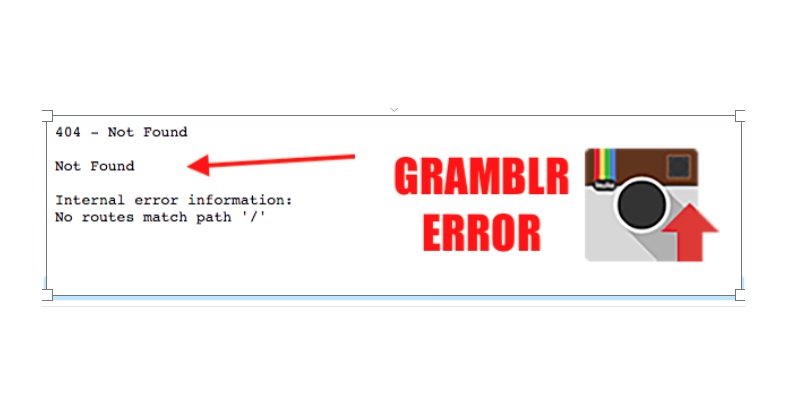Top HRMS Software in India | Cloud HR Management Software
The current labor market requires that companies show better management of their human capital and establish programs that help the development of their employees and their integral well-being, both professionally and personally, to attract more talent, qualified and keep it; which will help the success and growth of the organization.
It is important that the relationship of the company with employees is reciprocal and seeks to grow together, that there are development and well-being for both, this will enhance the opportunities for evolution. For this, it is essential that the organization seeks to ensure that its human capital is constantly growing and improving its capabilities as well as offering opportunities for career advancement and skills.
The best practices in human talent management
In PeopleNext we recognize that human capital is one of your main strengths through which you can achieve great competitive advantages and meet the demands of today’s market. We share 5 practices in human resources management that large companies such as those mentioned in Fortune magazine are implementing to maximize the potential of their employees and achieve their business goals.
-
Develop the human talent of the company
One of the most important key factors in human talent management is the approach that large companies are taking to develop the collaborators that the company already has. For this it is essential that you design career plans and succession plans that will allow your team to have a map of professional possibilities in which they will be able to see how they can move forward in the company, climbing hierarchical positions or accessing different opportunities
Likewise, it is essential that you strengthen their skills or provide them with the tools they require through learning and training plans as well as human resources training course programs that help them obtain the skills they need to continue growing.
-
Strengthen and share the organizational culture
The organizational culture is composed of critical elements in companies such as mission, vision, values and business philosophy. This represents how the organization carries out the activities and the values that govern the conduct of the people who work in the company.
In successful companies, leaders share the mission and vision with the entire team seeking the identification and promotion of the employee’s commitment to the company’s ideals. It is important since when the members of the organization know the reason why the company exists, the goals they want to achieve and how their contribution helps, both individual and collective effort are promoted.
-
Recruit, develop and retain key talents
It all starts with the proper selection of your human resources. The attraction, development, and retention of your human capital must be part of the organizational strategy. The basis of effective recruitment is the correct planning of the company’s personnel needs, the skills that each person must have according to the position profile and a vision of the future needs of the organization.
There are visible trends and best practices in recruitment and selection that allow this strategic activity to be carried out more efficiently to obtain better results and ensure that you are integrating your company to the most suitable and compatible candidates.
-
Evaluate the performance of employees fairly and objectively
It is a reality that each of your employees carry out their activities in a different way and that not everyone has the same level of performance and achievement of goals; Therefore, a practice that is seen more and more in companies in the evaluation and recognition of individual performance based on defined metrics and objectives.
Implementing a formal performance evaluation system in your company will allow you to identify those employees who are making an outstanding effort. In the same way, you will have the possibility to identify those skills that your team needs and include them in a development and training plan to get them to advance in their career plan.
-
Encourage and motivate employees through compensation plans
Based on the process of performance evaluation, a practice that derives from it and that is currently taking boom as a good talent management practice is the implementation of incentive and payment programs for performance or meritocracy through which your employees can access additional benefits to their remuneration based on their performance and achievement of objectives. This is a way to encourage effort and maintain staff motivation. It is also a way to encourage competition among the same members of the organization.
Implementing best practices of human talent management in your company and streamlining the processes related to it through technological tools and automation are key factors to achieve a more efficient human resources department and connected in an integral way to the organizational strategy. It is essential for companies today to adopt new ways of managing and developing human capital to achieve competitive advantages and achieve organizational goals.




